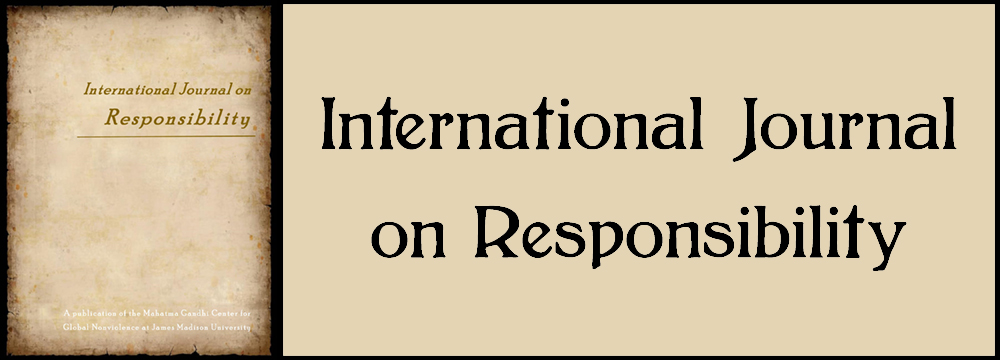
Abstract
The present article explores the responsibility of mental health crisis management clinicians around the world in the context of ethical practice. Concepts of suicide, autonomy, coercion, and civil commitment are defined through the lens of crisis intervention. Historical background and development of community-based crisis management in the United States, mental health crisis assessments, interdisciplinary crisis ethics, and a continuum of coercion in crisis intervention are discussed. The authors then lay out three clinical crisis case vignettes to demonstrate three levels of risk to safety and the appropriate implementation of the three levels of the continuum of coercion. Finally, a discussion follows on the interplay of professional ethics in the crisis vignettes, the academic debate on the use of coercion, as well as moral distress and clinician burnout. We posit that crisis clinicians, like law enforcement and other professional entities involved in mental health crisis management, bear the social responsibility of making difficult and morally ambiguous decisions for individuals who have lost their autonomy to a mental health disorder.
Recommended Citation
Strickland, Nathan; Luke, Chad; and Redekop, Fred
(2019)
"When People Lose Autonomy: The Case for Coercion and the Moral Responsibility Crisis Clinicians Have to Society,"
International Journal on Responsibility: Vol. 3:
Iss.
2, Article 2.
DOI: https://doi.org/10.62365/2576-0955.1032
Available at:
https://commons.lib.jmu.edu/ijr/vol3/iss2/2
DOI
10.62365/2576-0955.1032
Creative Commons License

This work is licensed under a Creative Commons Attribution-NonCommercial-No Derivative Works 4.0 International License.


